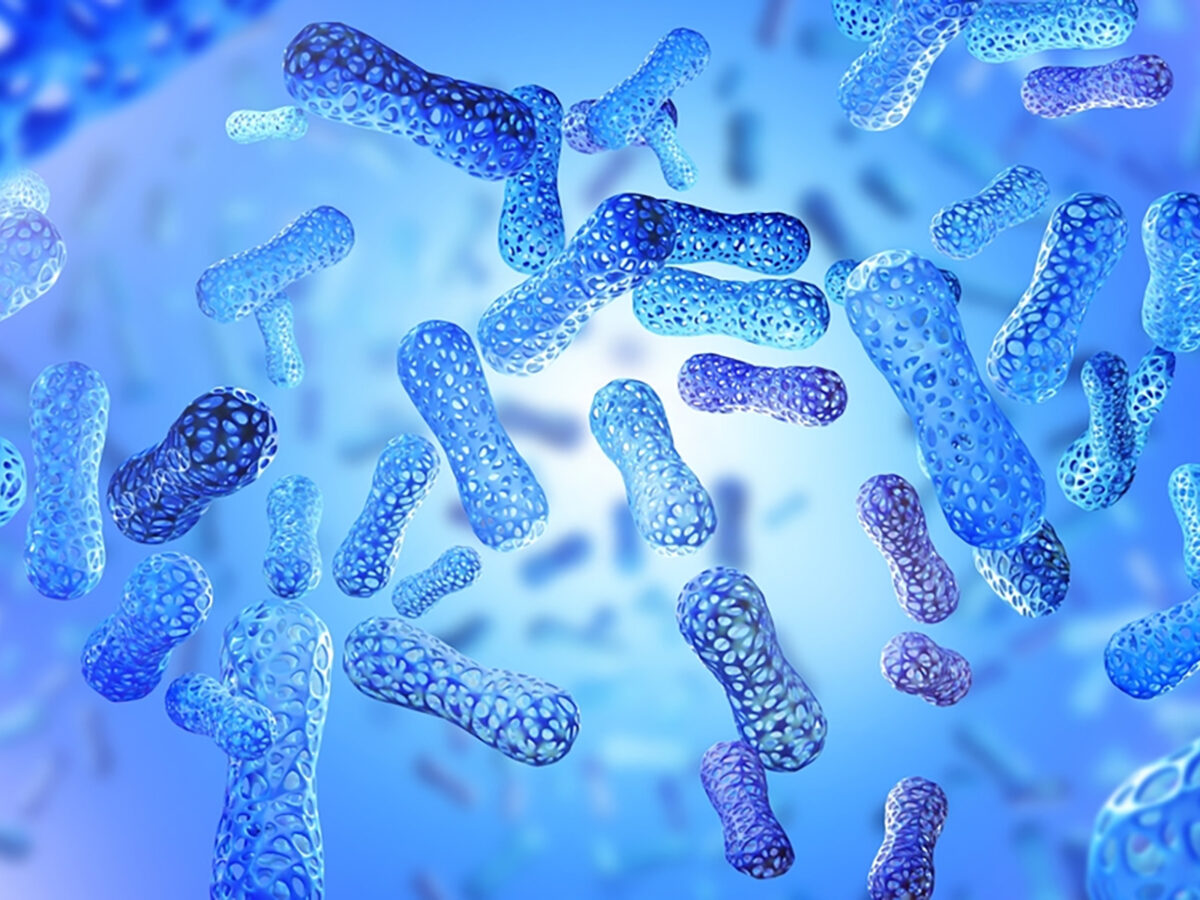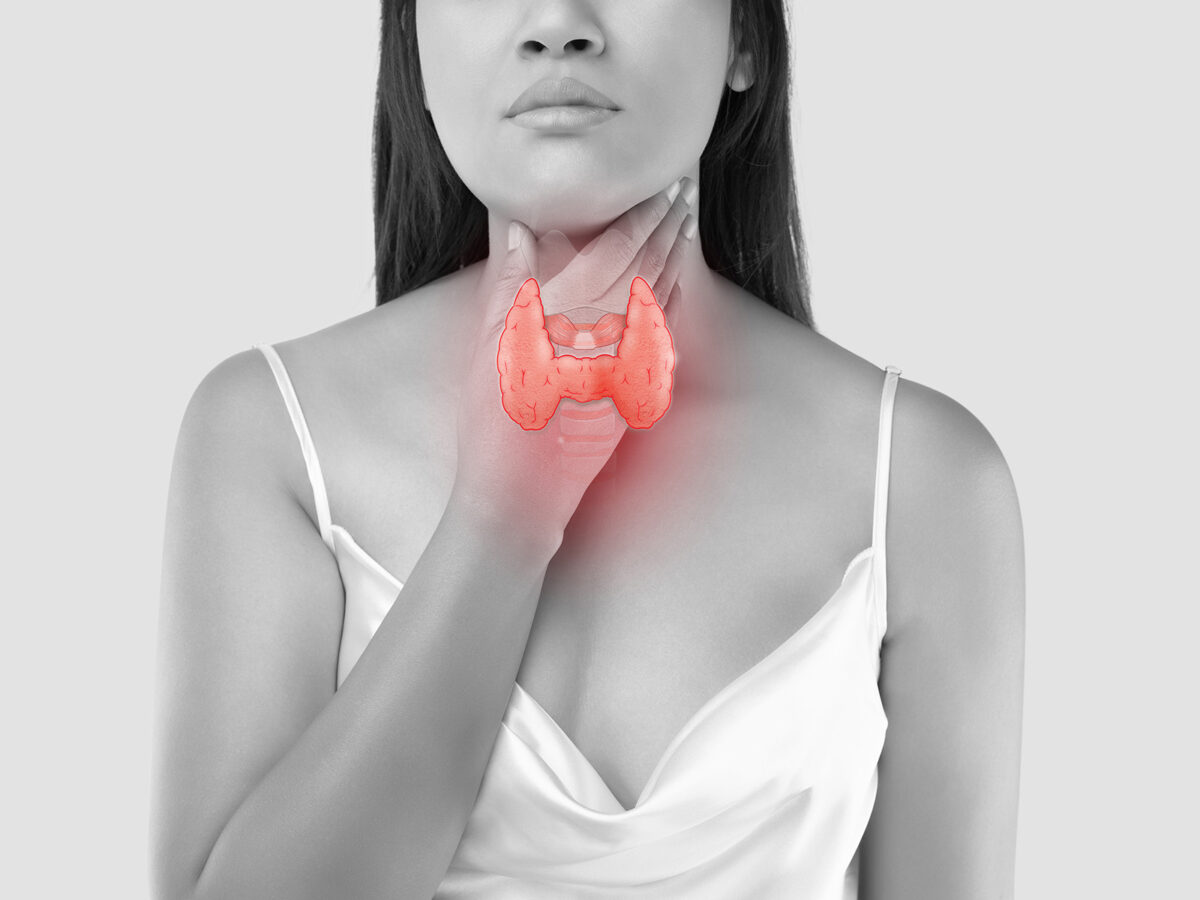In the past few years, the science of probiotics has gained immense recognition and focus, and both patients and doctors have identified a hoard of health benefits provided by these beneficial bacteria. Their popularity is evident from the rise in their global sales to more than forty billion.
You can take these bacteria in oral form or also add foods to your diet which are high in probiotics, such as yogurt. Probiotics can aid in managing various symptoms and conditions, and there are different strains to address specific issues. They have managed to solve many problems which were earlier deemed unsolvable, and patients thought they just had to live with these ailments without any resolutions.
We all have heard a lot about probiotics for our gut and their benefits, but have you heard about probiotics for dental health? Yes, these good bacteria can also fix a range of oral issues ranging from foul mouth odor to gingivitis, tooth decay, and many other problems associated with our mouth.
If you are interested in learning more about dental probiotics, what they can do, and how long they take to show effect, then this article is for you.
What are Probiotics?
We take probiotics to restore healthy bacteria in our bodies. These beneficial bacteria exist in the form of live microorganisms, which are termed “friendly bacteria”, as they improve our overall health, including dental.
- Dental probiotics are supplements containing healthy yeast and microorganisms that are safe for us to consume.
- These bacteria are present in our bodies naturally.
- The supplements promote the growth of beneficial bacteria and microorganisms, which can eliminate harmful bacteria from our mouths that may cause dental issues.
- These good bacteria also reduce the pH level in our mouth, making it more alkaline, which is not conducive to the growth of harmful bacteria. Our mouths, just like our digestive system and stomach, have their own microbes (community of microorganisms and bacteria), which can hamper our dental health.
- If the harmful bacteria or yeast in our mouths is abundant, it can create an imbalance in our system. By eating foods rich in probiotics or oral supplements having friendly and healthful bacteria, our mouth can fight off the bad ones.
Difference Between Oral and Gut Probiotics
You can find lots of ways to promote the balance of good bacteria in your body, but the way you absorb these supplements and where you need them impacts the delivery method.
- If your GI (gastrointestinal) tract has an imbalance of bacteria, you can address it by eating foods like sourdough bread or yogurt, which have live bacterial cultures in them.
- When your oral flora has an imbalance, you need specific oral probiotic supplements to rectify the issue and bring back bacterial balance in your mouth.
- The most significant difference between gut and oral probiotics are delivery methods and the type of organisms in each of them.
- The gut needs bacterial strains that are native to our stomach. They are typically contained in capsules to resist the acidic pH of your digestive system as well as the powerful gastric juices. For gut bacteria supplements, survival is essential. That is why it is vital that you choose a high-quality supplement having a high number of colony-forming units and numerous and diverse strains.
- Oral supplements have strains that are specific to the oral microbiome. It is possible to have some overlap in strains of gut and oral probiotics.
Benefits of Oral Probiotics
Consuming supplements having healthy bacteria can help us in combating many oral problems, as outlined below:
- Cavities – Plaque is a cluster of bacteria that accumulates in our mouth and feeds on sugar molecules, excreting acids that can break our enamel. This gives rise to cavities. But with supplements, you can reverse some cavities. Some of the best bacterial strains to combat cavities are L. acidophilus, L. paracasei, L. reuteri, and L. rhamnosus.
- Bad breath – A lot of malodors (also called halitosis) in our mouth can be attributed to oral bacteria. Supplements can target these harmful bacteria and eradicate them and the bad breath associated with these harmful bacteria. These supplements aid in reducing the compounds that cause foul mouth odor. Bacteria that are beneficial for halitosis are S. salivarius K12, L. salivarius, L. reuteri, L. casei, etc.
- Gingivitis and periodontitis – Gum disease or periodontitis is a chronic inflammation that is also associated with many health conditions such as diabetes, heart disease, etc. You can increase your intake of good bacteria through supplements which have proven to improve symptoms of gum disease. The best bacterial strains to fight periodontitis are L. reuteri and L. brevis.
- Oral thrush or Candidiasis – Oral thrush is a fungal infection where C. albicans or candida fungus overgrowth on your tongue, forming white spots. This results in dry mouth, burning sensation, or redness. A dysbiosis in the oral microbiome is the main reason behind oral thrush—supplements containing Lactobacillus spp. Or S. salivarius K12 helps with this condition.
How Long Before Probiotics Start Working?
The short answer is it depends on the severity of the imbalance of bacteria in your oral region. In some cases, it could start working in as little as one week.
- Most studies for oral supplements that contain friendly bacteria are of two to four weeks duration.
- Studies that track the development of cavities are longer, around nine to twelve months.
- In general, you must consider the baseline treatment period to be two to three months for any dental probiotic.
- You must take your supplements as directed to see results in the desired time frame. It could mean taking them two to four times a day (depending on the blend that you are using.)
- The best oral supplements come in the form of chewable lozenges or tablets as they deliver beneficial bacteria directly to your mouth’s surface, where bacteria form biofilms.
- It would help if you also consumed lots of prebiotics for the good bacteria to thrive. Prebiotic foods include onions, garlic, artichokes, raw dandelion greens, unripe bananas, leeks, asparagus, etc.
Just like our digestive system, our mouths also hoard bacteria which can cause a plethora of issues, such as bad breath, tooth decay, etc. An excellent dental probiotic helps fight many of these problems by balancing our flora with good bacteria.
The amount of time these supplements take to show results varies from case to case and can vary from a few days to months. You must consider a minimum of one month for the probiotics to deliver results.




